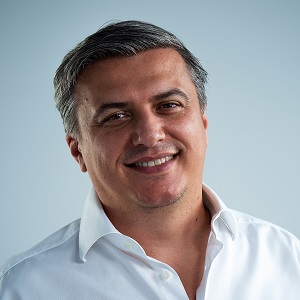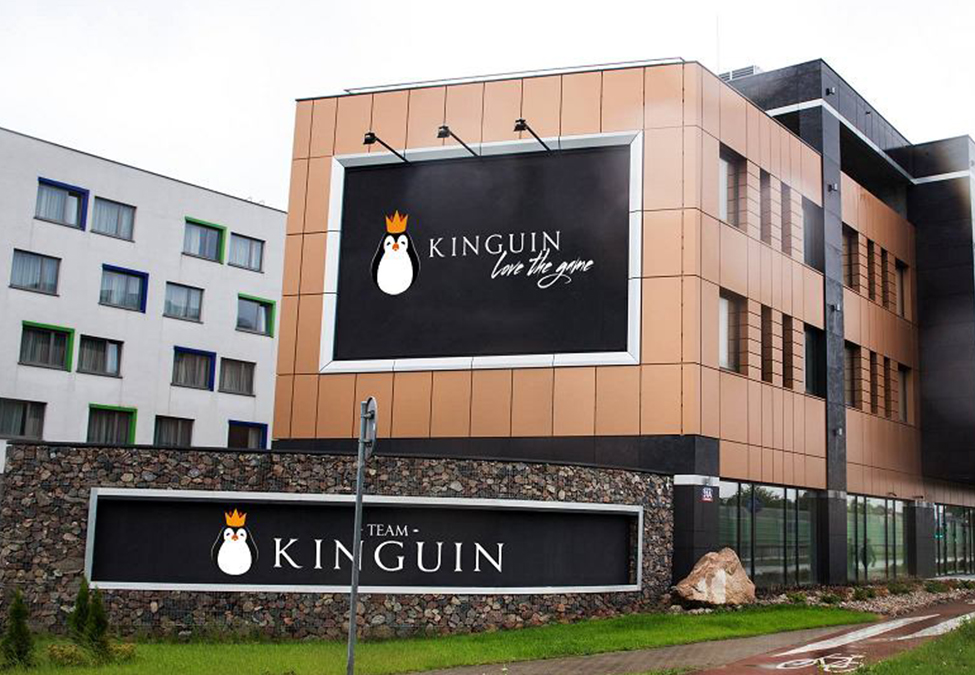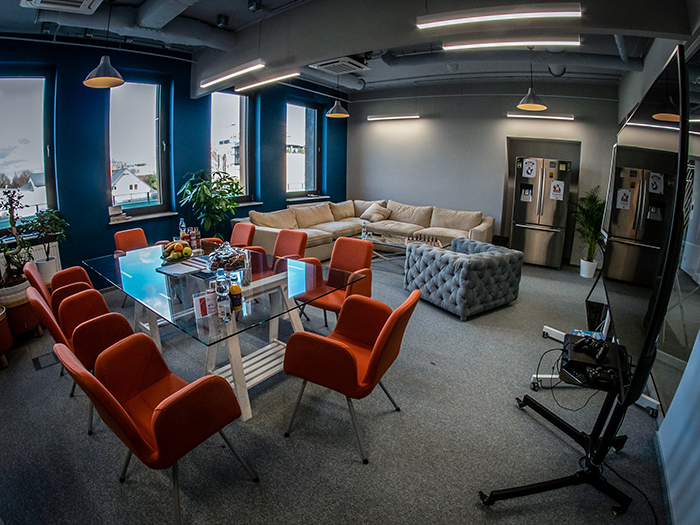More and more esports-dedicated facilities are being planned alongside the plethora of investments the industry is witnessing, but one building, in particular, is already in action. Kinguin – a digital marketplace for game keys and the parent company of esports organisation devils.one – owns the Esports Performance Center, located in Warsaw, Poland.
To understand the processes and challenges of building such a facility, and the reason it actually exists, we spoke to Viktor Wanli, CEO of Kinguin while visiting.

Esports Insider: When did the idea for the Esports Performance Center come about?
Viktor Wanli: Kinguin has always been positioning itself around unique projects in esports, being one of the very first companies to sponsor teams on a very high level — including Team SoloMid, Cloud9, Fnatic, and Ninjas in Pyjamas. Later on, we turned to sponsor tournaments such as ESL run. Lately, we’ve been working a lot around two topics in esports: infrastructure and education.
In terms of infrastructure, we first started thinking of an esports entertainment concept — a retail concept. We defined our goals and values for the project, and we actually started to look for the first location in Warsaw, Poland.
“We first started thinking of an esports entertainment concept”
That search actually took us about one and a half years because we have very specific demands about the space in terms of location, availability and construction demands. We found such a location in the centre of Warsaw, however, that later had been called off. Thankfully, we ended up finding the current location of the Esports Performance Center by accident.

ESI: Can you break down for us what the EPC comprises of?
VW: It comprises of four floors. We have an office floor which is for back office management. We have a training floor, which we call the ‘performance floor’, it’s where all the training rooms are located, and it contains room for psychologists and therapists with the support of basic facilities like a kitchen and lounge where they can discuss a strategy and their approach to the game.
Then we have the living quarters, which consists of private rooms which are equipped with individual air conditioning with Netflix and a PlayStation 4. They have all the facilities they would need to have a rest or have some additional entertainment if they would like that. It’s supported by a professional kitchen where we serve breakfast and lunch. This is led by a local chef and supports the healthy nutrition of the professionals. Then we, of course, have a gym. We offer additional packages in terms of guided physical activity, but they are free to access the gym 24/7.
“The final thing coming together is like a dream come true”
That’s one of the beauties about the whole concept; we have everything they could ever need inside. They can go through the facility as they like, there is security 24/7. The last floor is a chill-out zone. We also look at this as where business and esports meets. Just today we had a viewing party for fans, business associates, and media of the Ultraliga — which is the Polish national competition for League of Legends.
ESI: What are you most proud of when it comes to the EPC?
VW: I’m most proud of the team which actually made it happen in the end because mostly I was just walking around looking at stuff. The guys really made it happen, it took us a long time but what’s interesting is that we had to change lots of the first assumptions we had about the space.
“We were lucky enough actually to be able to do these modifications on the go which was a huge lesson in itself”
It’s been verified by the professionals themselves; the usage and design of the space. We were lucky enough actually to be able to do these modifications on the go which was a huge lesson in itself. So the final thing coming together is like a dream come true and not just for me.

ESI: How much input did professional players have in the facilities available in the centre?
VW: I’ll give you a very specific example. When you plan a space, you try to make it as efficient as possible. So, for example, this very room we’re sitting in was actually supposed to be two rooms. We had the devil.one’s CS:GO team ‘bootcamping’ in the facility, but it wasn’t really finished.
They chose to spend their time relaxing in this room – which is a lot smaller than our largest training room – so I was curious about the specific reasons behind it. I asked why they chose this room instead of the bigger one, and they explained that if they were in a big room, they would be actually most of the time staring into monitors anyway. They loved how open this space was and categorically told us not to divide it by any means.
